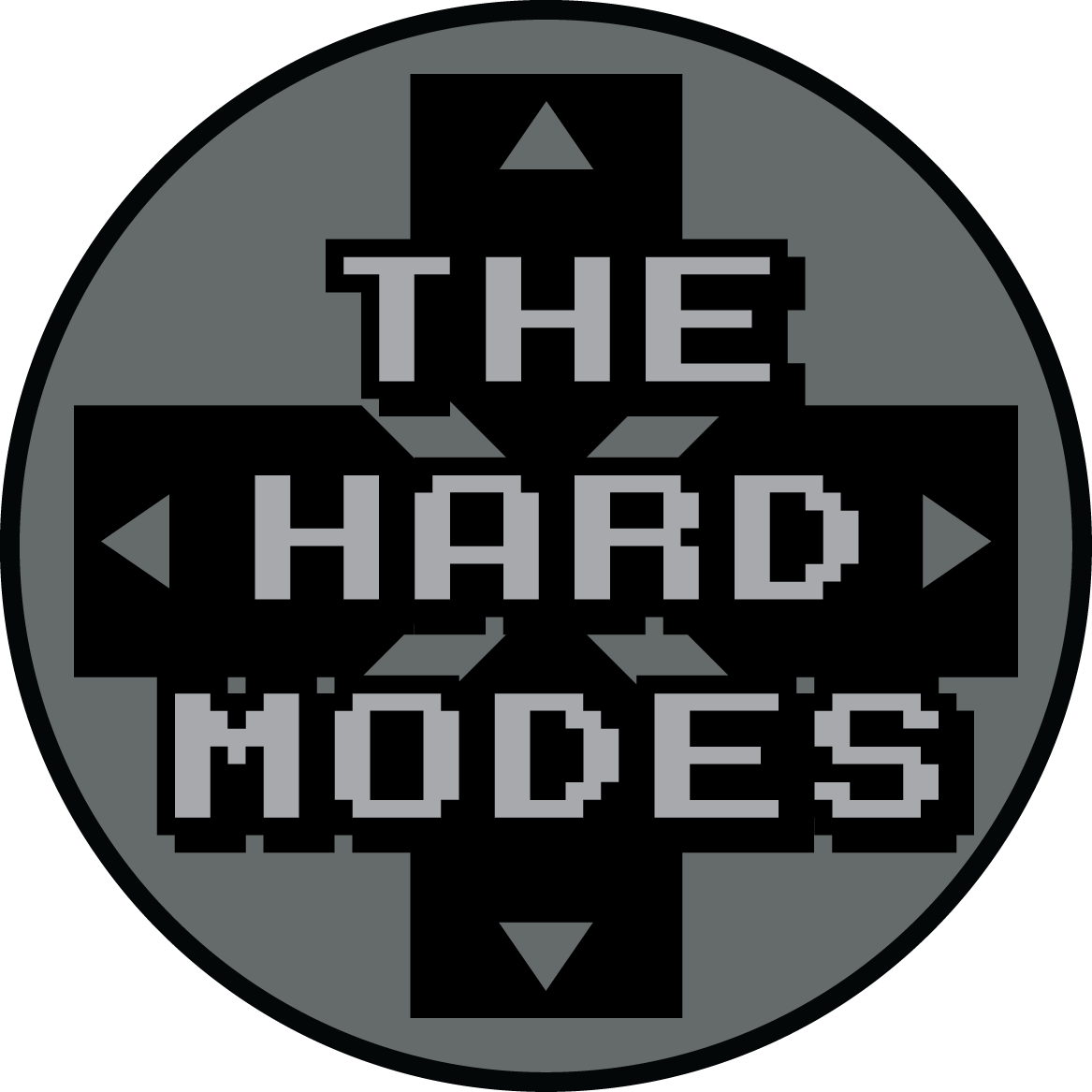Since sending out my demo to who-knows-how-many indie game companies, there hasn't been too much to talk about on the business sides of things. In the most basic of recaps, responses were few and far between, and the positive ones just featured a few e-mail exchanges ending with a more-or-less "maybe later when we start a new project." That's all good, by the way--I may have expected a bit more in the way of response quantity, but I understand that companies get many e-mails a day from those like me who are trying to burst their way onto the scene. No matter how much I am confident that my music must stand out amongst a large percentage of that crowd, nothing really beats the power of exasperation and avoidance on the developers' side in this case.
Jen made this cake for me for my birthday!
Being that I haven't found projects to sustain myself - as I believed would be the case when I started on this journey, so no surprises there - I have been spending my time looking for full-time work and substitute teaching. Once I land that job, by the way, I will write a full recap of my sabbatical, going further into detail about my thoughts on it; for now, though, I will focus on that side of business which I have been moving forward with: that of making face-to-face connections.
I view GDC as the cream of the crop in the way of meeting people, but since that's still a few months off yet, making local connections is where it's at. If you're unaware - as I was until I had already been up here for a few months - many major cities harbor chapters of an organization called the International Game Developers Association, or IGDA for short (I like saying it "ig-duh," but apparently that's not a thing--people just pronounce each letter individually). The closest chapter to me is the D.C. one, and it contains developers from all areas around D.C. that aren't closer to Baltimore or Richmond. From what I've seen, the number of active members isn't enormous, but it's certainly nothing to scoff at either.
My first encounter with IGDA D.C., aside from simply becoming a card-holding member via the internet, was through an event of theirs called Indie Con D.C. This event was the first of its kind and was held in early August on the second floor of a bar in northwestern D.C. At the con, local game devs set up screens and laptops to showcase their latest creations, allowing anyone who wanted to come by and test the fruits of their labor the ability to do so. Naturally, not only did I want to go to check out local talent, I wanted also to pass out a few of my cards.
Both the attendance of the gamers and the attendance of the developers were impressive. The shot above shows the con early on, but by the evening, the space was pretty packed. Jen, our friends Krystle and Andrew, and I had a great time chatting with people and simply playing games. Some of the folks we met - and whose games we played - were Melanie Stegman, who was being funded to create a game on the immune system; Taro Omiya of Omiya Games; Martin Smith, a developer for Undead Overlord ; and Callen Shaw, creator of Super Dwarf Madness . Those last two links are to Kickstarter campaigns, by the way--check out their pages, and if you like what you see, send them your support!
After the event I marked my calendar for the next couple of IGDA D.C. meetings, both of which were great. Andrew and I attended the August meeting, which featured a local developer's highly successful kickstarted creation, Barkley II , and a presentation on how to run a Kickstarter campaign successfully. We also went with our friend Stephen to the September meeting to listen to Mark Barlet speak about the Able Gamers Foundation, a non-profit dedicated to bringing all games into the homes of those gamers that have disabilities. If you are a dev, I highly recommend checking out their document, Includification , not only to to make yourself aware of just how many gamers around you are disabled and need your help to make games accessible to them, but also to read how easy it is actually to make your games accessible to a large percentage of disabled gamers.
While there was no October meeting, Andrew, Stephen, and I attended the Baltimore Indie Games Game Jam kickoff meeting, which we're participating in with a few other people. Instead of being your typical weekend-long jam, this one takes place over the span of a month, which is perfect for those of us who a) are working on the artistic sides of things, and/or b) are there to learn as much as they are there to have fun by making a game (presumably with their fair share of fresh faces!). I'll be posting more on this event as it progresses, so you can look forward to meeting my team and hearing my work for our title weekly.
Until then...!





